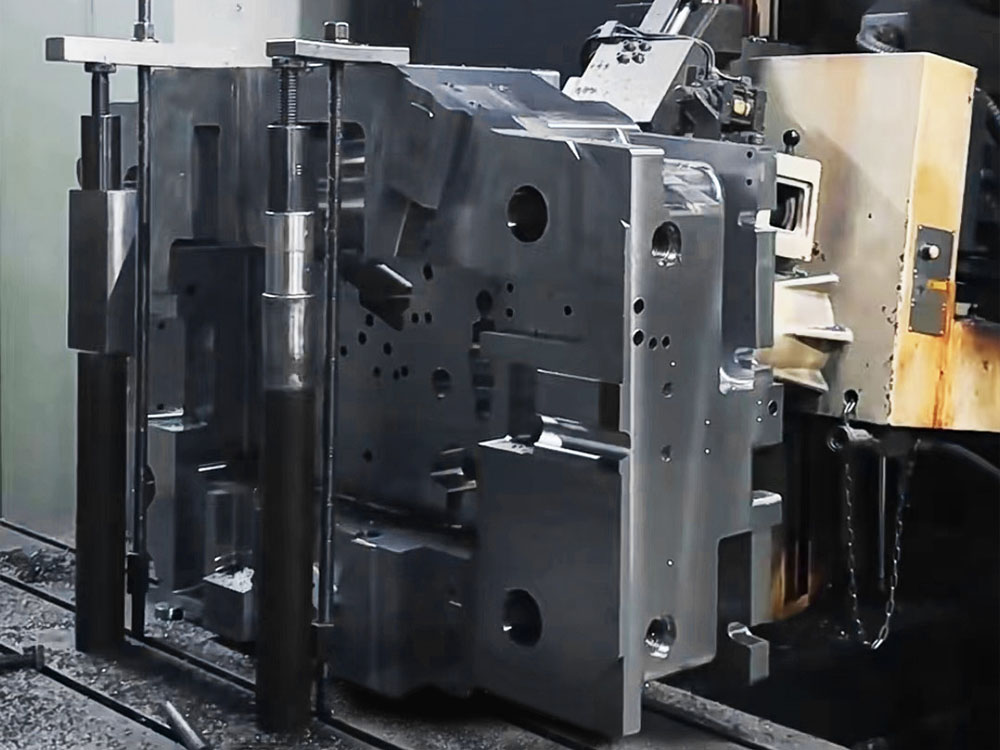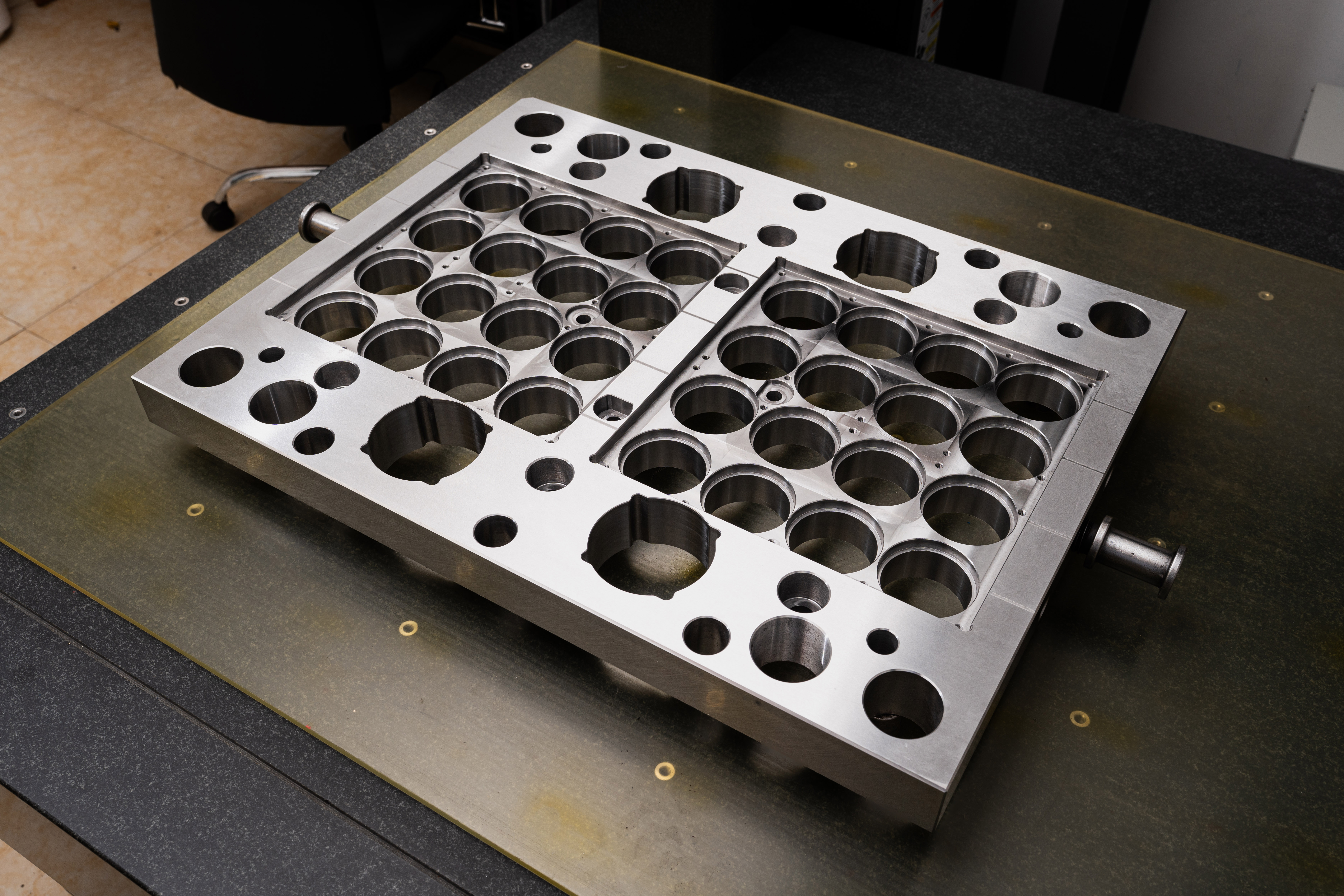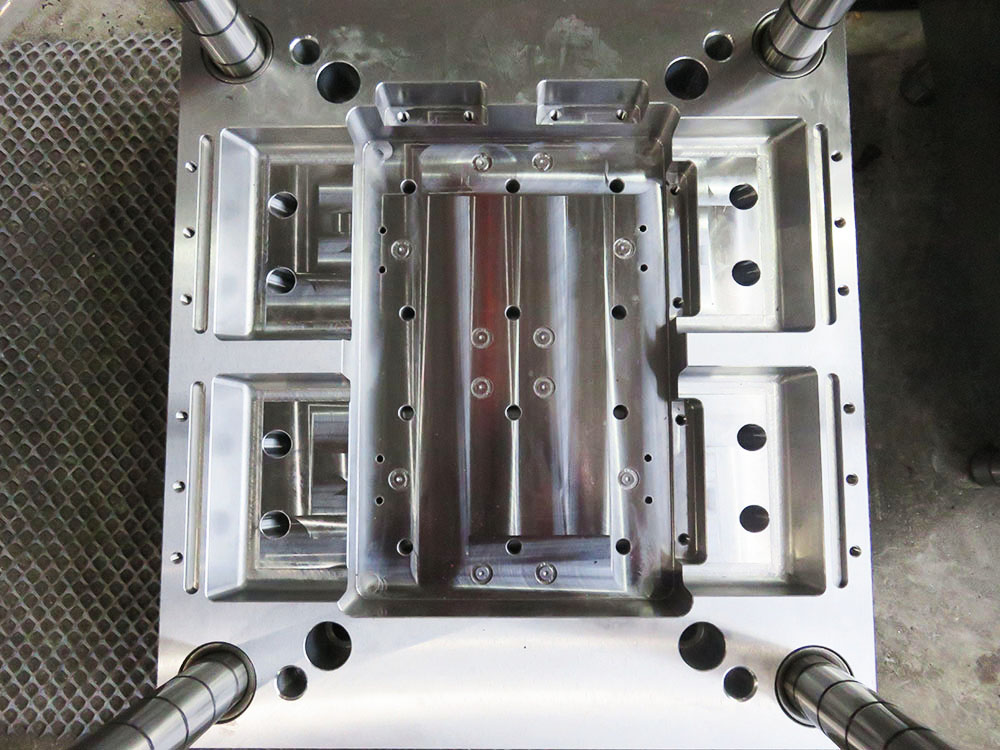How to Select the Material Type for an Injection Molding Frame in the Mold Base Industry
Injection molding is a widely used manufacturing process in the mold base industry. It involves injecting molten material into a mold cavity, which then solidifies and takes the shape of the desired object. The injection molding process requires a robust and durable frame to support the mold and withstand the high pressures involved. Selecting the right material type for the injection molding frame is therefore crucial for ensuring the success and longevity of the molding process. In this article, we will discuss key factors to consider when choosing the material type for an injection molding frame.
Mechanical Strength
The mechanical strength of the material is one of the primary factors to consider when selecting a material type for an injection molding frame. The frame must be able to withstand the high pressures exerted during the molding process without deforming or experiencing structural failures. Materials with high tensile and compressive strength, such as steel alloys, are commonly used for injection molding frames. Steel alloys like P20 and H13 are particularly popular due to their excellent mechanical properties.
Thermal Stability
Another critical factor to consider is the thermal stability of the material. During the injection molding process, the frame is subjected to high temperatures when the molten material is injected into the mold cavity. The material type for the frame should have high thermal resistance to prevent deformation or warping. Steel alloys are known for their excellent thermal stability, making them suitable for injection molding frames. Additionally, certain plastics with high melting points, such as PEEK (polyetheretherketone), can also be used for less demanding molding applications.
Corrosion Resistance
Mold bases can be exposed to a variety of corrosive substances, such as molten plastics or cleaning chemicals. Therefore, it is important to select a material type for the injection molding frame that has good corrosion resistance. Stainless steel alloys, such as 420 or 440C, are commonly used due to their high resistance to corrosion. These alloys also offer good mechanical properties and thermal stability, making them an ideal choice for injection molding frames.
Machinability
The ease of machining the material is also an important consideration. Injection molding frames often require precise machining to accommodate the mold components and ensure proper alignment. Materials that are easy to machine with excellent dimensional stability are preferred. Steel alloys like P20 and H13 are known for their good machinability, making them popular choices for injection molding frames. Aluminum alloys, such as 7075 or 6061, are also used for less demanding molding applications due to their excellent machinability.
Cost Considerations
Finally, it is essential to consider the cost-effectiveness of the material. While steel alloys offer excellent mechanical properties and durability, they can be more expensive compared to other materials. Aluminum alloys and certain plastics may provide a more cost-effective solution for injection molding frames, particularly for low-volume production or less demanding applications. However, it is important to balance cost considerations with the desired performance and longevity of the frame.
In conclusion, selecting the material type for an injection molding frame requires careful consideration of various factors. The mechanical strength, thermal stability, corrosion resistance, machinability, and cost-effectiveness are all key considerations that should be weighed before making a decision. By choosing the right material type, mold base manufacturers can ensure the success and longevity of the injection molding process, leading to high-quality and efficient production.




